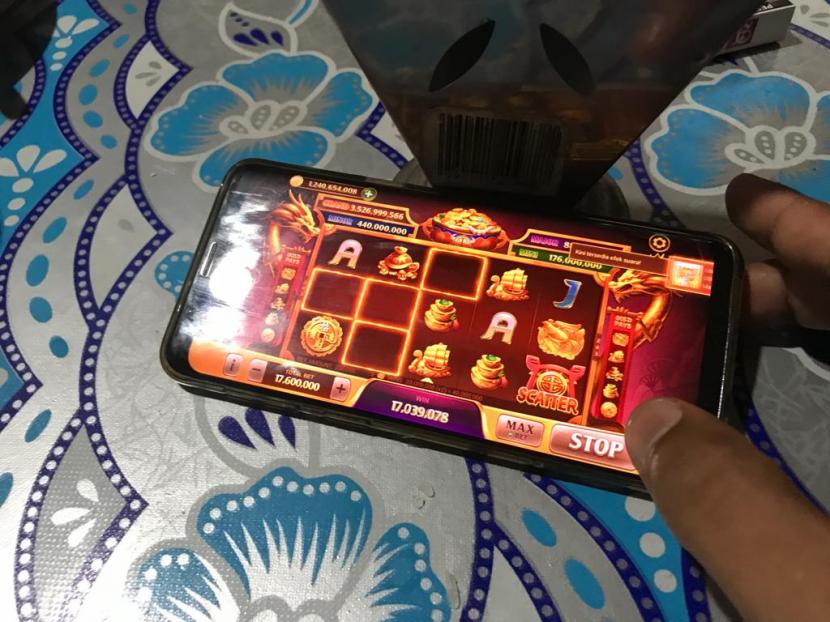
On Stage and Off: Part-Time Employment in the Entertainment World
The pulsating world of entertainment is often viewed through a lens of glamour and stardom, an industry in which full-time commitment is perceived as the norm. However, behind the scenes, there exists an intricate web of part-time employment that forms the backbone of many artistic endeavors. Whether they’re waiting tables to make ends meet or taking freelance gigs between performances, these artists and crew members are the unsung heroes who keep the show running, quite literally. In this article, we explore the experiences, challenges, and valuable contributions of part-time workers in the multifaceted entertainment industry.
The Prevalence of Part-Time Work in Entertainment
Part-time employment is not merely a side note but a dominant chapter in the story of many entertainment professionals. A survey conducted by the Bureau of Labor Statistics revealed that part-time workers account for a significant portion of the entertainment and hospitality industry. For artists and technicians alike, the erratic schedule of contractual work or gig-based performances can result in a patchwork of employment rather than a consistent, full-time engagement. This diversity in work arrangements is emblematic of the industry’s unique dynamics, where projects vary in length, and roles demand specialized, often intermittent, dedication.
Artists Juggling Gigs and Survival Jobs
The life of an artist is often romanticized, while the strenuous reality of part-time jobs is understated. Singers, actors, and dancers may leap from one performance to the next, yet in the interim, they often find themselves in the most mundane of employment– driving for rideshare companies, bartending, or tutoring. These survival jobs are not merely about earning a living but are strategic lifelines that allow artists to craft a financial base between creative endeavors. The challenge of maintaining the discipline and focus needed for one’s craft, while balancing a part-time job, is a delicate art form in itself.
The Tech Crew, Set Designers, and Part-Time Employment
While the spotlight shines on the performers, the tech crew and set designers labor in the shadows, their roles vital yet frequently unrecognized. Unlike actors or musicians who often take center stage, these unsung professionals tend to rotate through a series of projects, which can lead to downtime between jobs. To bridge these gaps, many turn to freelance work, where they can lend their expertise to corporate events, television sets, or even art installations. The flexibility of part-time roles not only sustains them financially but also allows them to cross-pollinate their skills across various creative platforms.
The Economic Impact and Sustainability of Part-Time Work
The ebb and flow of work in the entertainment industry is often a reflection of economic and seasonal trends. Part-time roles are not only about job availability but also about the sustainability they offer to industry workers. While some may choose part-time work for the flexibility it provides, for others, it’s a necessity dictated by the cyclical nature of creative production. This flexibility, however, can sometimes come at a cost, with part-time workers often facing lower job security and fewer benefits than their full-time counterparts.
Navigating the Health Insurance and Financial Planning Maze
One of the most contentious aspects of part-time employment in entertainment is navigating the intricate web of health insurance and financial planning. Freelancers and part-time workers often find themselves without the safety net of employer-provided benefits, leading to a struggle to secure affordable coverage. Financial planning, too, is a challenge when income is irregular and project-based. Many part-time workers employ an array of strategies, from personal savings to membership in industry-focused financial services, to weather the financial uncertainties that come with their work.
Future Trends and Adaptations in Part-Time Engagement
The dynamics of part-time employment in the entertainment industry are not static. With changing audience preferences, technological advances, and global events, the nature of work in this sector is always in flux. Future trends may see an uptick in remote work solutions for creatives, or an increase in hybrid models that combine part-time roles with co-ownership or profit-sharing arrangements. The industry is always innovating, and with it, the possibilities for more sustainable and equitable part-time work are on the horizon.
Part-Time Work as a Platform for Diverse Voices
The irregular schedule of part-time work can offer a unique platform for diverse voices to be heard in the entertainment industry. Artists from marginalized communities, whose voices are often underrepresented, can find the space and time to pursue their creative endeavors alongside part-time employment. This has the potential to enrich and diversify the art and culture that is being produced, offering new perspectives and narratives to the forefront of the stage.
The Cultural Impact of Behind-the-Scenes Part-Time Labor
Acknowledging the contribution of part-time workers to the cultural fabric woven in the entertainment industry is crucial. Their labor, whether setting up lights for a show or serving patrons during a film festival, is a silent yet significant part of the experience. It is the sum of these behind-the-scenes efforts that elevate entertainment into an art form and transform mere shows into shared cultural phenomena.
In conclusion, part-time employment is not a footnote in the tale of the entertainment world but a central chapter that highlights the diversity, resilience, and innovation of the industry’s workforce. The human stories of juggled schedules, eclectic skills, and creative survival underscore the heartbeat of an industry where labor of love and livelihood often intersect. It is important to recognize and celebrate the vital role of part-time workers in this domain, and to continue the dialogue on how to support and sustain them as integral members of the entertainment community (유흥커뮤).



